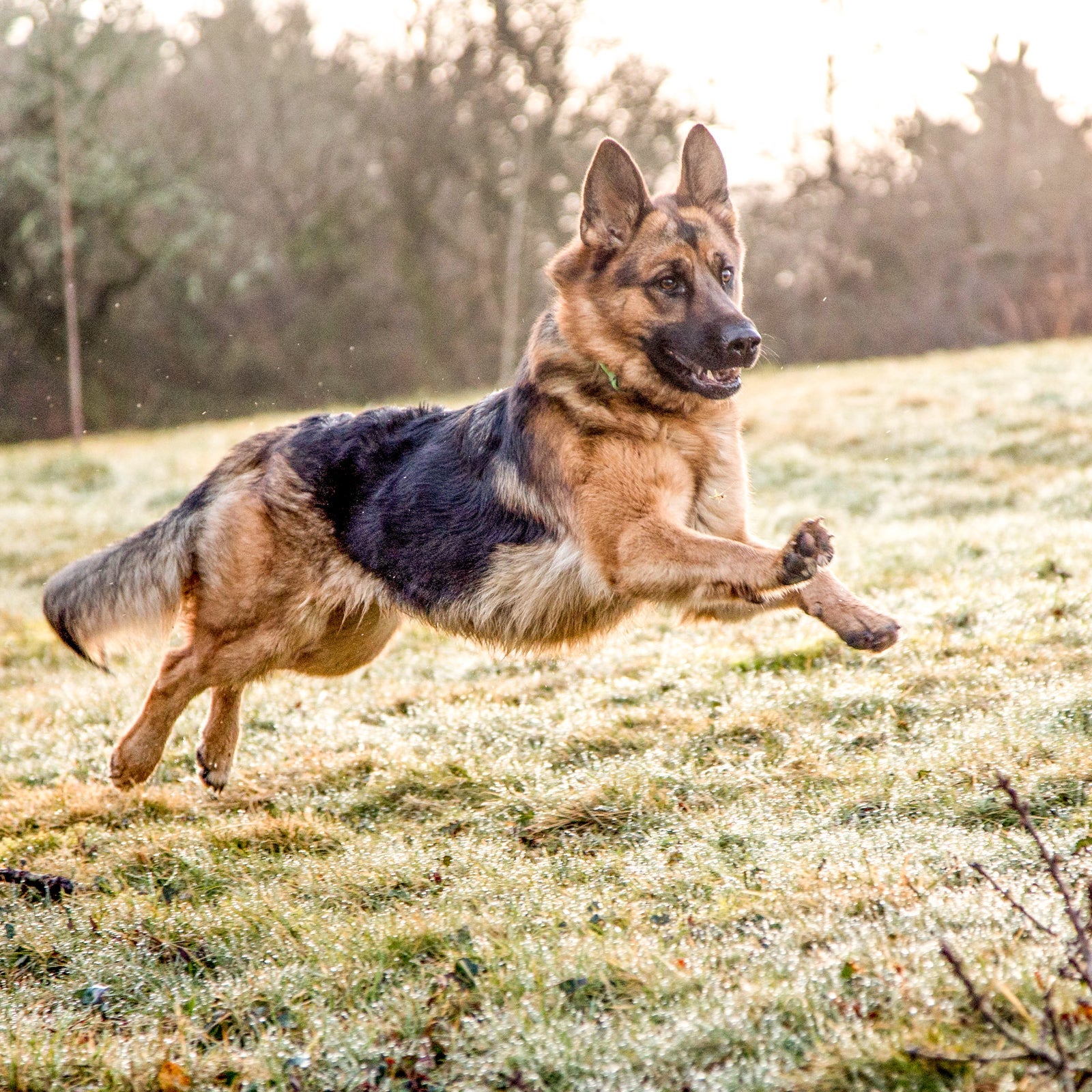Canine obedience training solutions for behavioral improvement.
Canine obedience training solutions for behavioral improvement.
Blog Article
Top Canine Training Tips for a Mannerly Friend
Educating your canine to be a well-behaved buddy requires a nuanced understanding of canine behavior and the implementation of reliable approaches. Crucial commands such as "Sit," "Keep," and "Come" offer as the foundation permanently manners, while favorable support methods can considerably enhance knowing. Developing a consistent regular and prioritizing very early socializing are vital components that add to a harmonious partnership. The journey to a courteous animal entails even more than simply these fundamentals; it requires a deeper expedition of methods that can transform your training approach.
Understanding Dog Actions
Understanding canine habits is essential for efficient pet training and fostering a harmonious partnership in between dogs and their owners. Pet dogs are intricate creatures, exhibiting a variety of behaviors influenced by genetics, atmosphere, and socializing. Identifying the underlying motivations for a canine's actions-- such as concern, exhilaration, or territorial reactions-- can significantly improve training performance.
Social interactions with other dogs and human beings play a critical duty in shaping behavior. Dogs that experience positive socializing are normally a lot more adaptable and well-mannered.

Essential Training Commands
Grasping vital training commands is critical for establishing effective communication in between pets and their owners. These commands work as the structure for a mannerly pet and can dramatically enhance the general partnership in between pet and owner.
"Remain" strengthens a pet dog's capacity to stay in one setting, promoting self-discipline. "Down" instructs your dog to exist down, which can help in taking care of fired up actions. "Heel" shows your canine to walk along with you, promoting much better leash good manners.
Practicing these commands in numerous atmospheres helps pet dogs generalize their training and react appropriately, no matter of interruptions. By spending time in instructing these important commands, proprietors can cultivate an unified and considerate connection with their canine friends, enhancing both safety and enjoyment in day-to-day interactions.
Positive Support Strategies
Positive support techniques are necessary techniques in pet training that concentrate on fulfilling desired habits to urge their reoccurrence. This strategy leverages the natural discovering procedures of pet dogs, allowing them to connect details actions with positive outcomes. By utilizing treats, appreciation, or play as incentives, trainers can efficiently inspire pet dogs to duplicate the actions they intend to enhance.
To implement positive reinforcement, it is vital to supply incentives immediately after the desired behavior occurs. This helps the dog make a clear connection between their action and the reward. Consistency is also vital; rewards ought to be provided whenever the preferred habits is displayed during the preliminary training phase, slowly transitioning to a variable routine as the actions ends up being a lot more trustworthy.
Additionally, picking the ideal type of reward is essential. While treats are often reliable, some pet dogs may respond far better to verbal appreciation view publisher site or interactive play. Recognizing your pet's preferences can enhance the training experience. Inevitably, favorable reinforcement fosters a relying on connection between the pet and proprietor, making training a more delightful and efficient procedure home that develops a well-behaved friend.

Socialization Methods
Effective socializing strategies are critical for a canine's advancement, as they aid develop an all-around and positive friend. Very early exposure to different settings, people, and other pets is necessary to protect against behavior concerns in the adult years. Start this process throughout the crucial socialization duration, which commonly occurs in between 3 and fourteen weeks of age.
Present your pup to varied stimuli, such as different surfaces, appears, and scents. Managed encounters with other dogs and pleasant human beings can promote positive associations. Puppy courses are a superb source, supplying organized environments for social communication and learning standard commands.
Gradually increase the complexity of socializing experiences. read what he said Take your pet to parks, pet-friendly shops, and public events, ensuring each experience is favorable. Observe your canine's reactions and eliminate them from overwhelming scenarios to stay clear of fear-based reactions.
Utilize favorable reinforcement to compensate tranquil and confident actions during social communications. This might involve deals with, praise, or play. Remember, perseverance is crucial; each dog has its very own pace for readjusting to brand-new experiences. By carrying out these socialization approaches, you prepared for a well-adjusted and friendly canine buddy.
Consistency and Regular
Establishing uniformity and routine in canine training is crucial for promoting a feeling of security and understanding in your animal. Pet dogs grow on predictability; knowing what to anticipate aids them really feel safe and decreases stress and anxiety.
Including an organized routine into your training sessions also improves your pet dog's understanding experience - Dog training near me. Schedule everyday training sessions at the exact same time daily, making certain that both you and your canine are psychologically prepared. Short, regular training sessions are much more efficient than long, seldom ones; go for 5 to 10 mins of concentrated training numerous times a day
Incorporate training right into daily activities-- reward your pet for sitting before meals or strolling smoothly on a chain. Overall, a consistent strategy, combined with a structured routine, lays the foundation for a mannerly buddy, advertising an unified relationship in between you and your canine.
Verdict
Finally, effective pet training counts on understanding canine habits and executing important commands such as "Sit," "Keep," and "Come." Positive support techniques offer to urge preferred actions, while early socializing prepares dogs for varied environments. Establishing uniformity and a routine fosters predictability, which adds to a well-behaved buddy. By stressing these crucial elements, the bond between proprietor and dog enhances, inevitably causing an unified and fulfilling connection.
Report this page